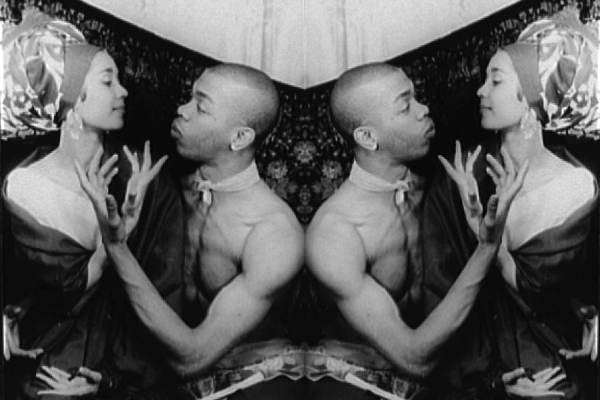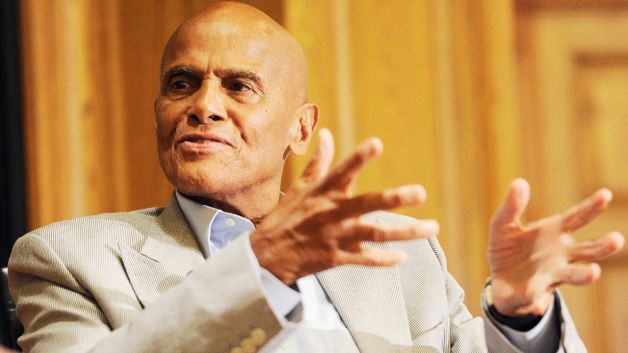
While riding the tides of turmoil, Black identity can seem overwhelming. We are cloaked in a wondrous mystic that the world both consumes and rejects. Yet, still a dancing spirit overrides hopelessness. The inner joy of elder generations that proclaimed, “The world didn’t give it, the world can’t take it away,” resounds more than ever.
I’ve felt this throughout my childhood.
During summer break, my mother made me read books to keep my mind sharp. History books and short stories were among my favorites. There was one book in particular called, Eyewitness Negro History. My eyes widened as I read about revolts, the Great Migration and anything Zora wrote.
Church also played a crucial role in crafting the vividness of black identity.
Before church service, the elders would sing old negro spirituals, the kind you don’t hear anymore. The really old ones. Though I hated going to church so early, I secretly loved this part. “We Are Climbing Jacob’s Ladder”, “He’s A Lily In The Valley”, “You Don’t Know What The Lawd Tole’ Me”, “Come On In the Room” and “I Know I’ve Been Changed.”
On some songs, before every verse an elder sings the first few lines and then everyone joins in. You won’t find this on television. It isn’t for entertainment or show, it was just what we did.
Even then, I saw that we danced on the edge of the world.
I loved it all. It made me feel eternal. Connected. It was history. It was spirit. It was us. It was Blackness. There was no “proper” talk or no code switching.
“Jesus is my docta’ and he writes out alla my ‘scriptions.”
“The angels in heaven done signed my name.”
I was listening to a lively spiritual people.
Yet, this inner force was more than religion.
It was jazz, funk, soul, theater, poetry, story, dance and all the moving energies.
It was all the stories I read, watching them play out in my generation. It was Zora singing again. It was Carmen and Geoffrey. It was Maya’s Still I Rise.
It was everyone in the Gypsy Song performance.
It was my father’s Uncle Trouble.
It was the fact that people still cooked rabbit, coon and corn puddin. And it was Mother Burrell showing me how to do the Suzie Q, they way she did it in Harlem.
It was the defiance of erasure, the boldness to live fiercely and joyously in spite of being marginalized and appropriated.
It was Langston‘s words :
They send me to eat in the kitchen When company comes, But I laugh, And eat well, And grow strong. Tomorrow, I’ll be at the table When company comes. Nobody’ll dare Say to me, “Eat in the kitchen," Then.
It was us still building for tomorrow. But until then, we stand on the edge of the world and dance.
Spread The Word. Share This Post!
 Jessica Ann Mitchell is the founder of OurLegaci.com & BlackBloggersConnect.com. To reach JAM, email her at OurLegaci@gmail.com. Follow Jessica @TweetingJAM.
Jessica Ann Mitchell is the founder of OurLegaci.com & BlackBloggersConnect.com. To reach JAM, email her at OurLegaci@gmail.com. Follow Jessica @TweetingJAM.
Follow OurLegaci at Facebook.com/OurLegaci.



